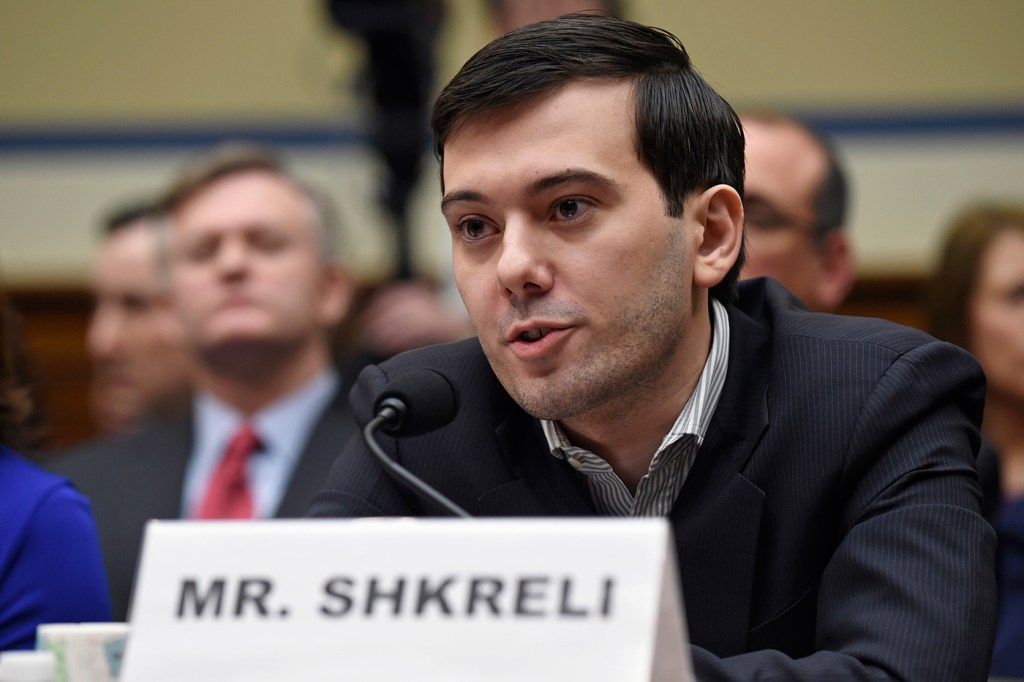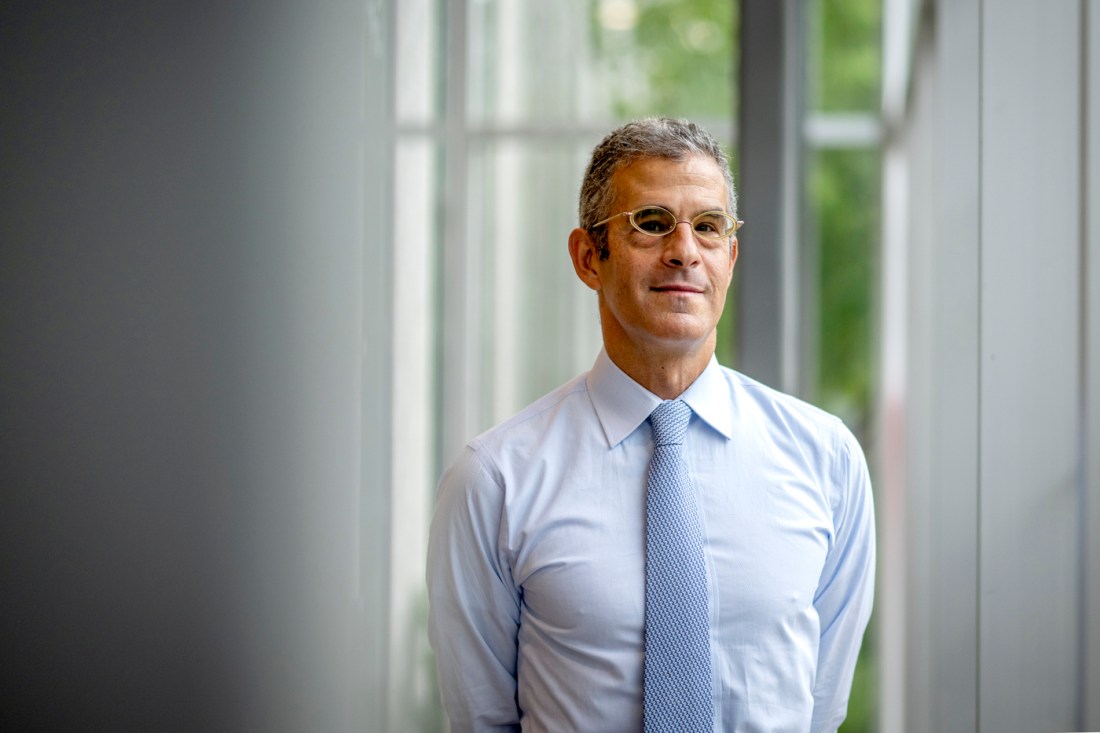How do lawyers handle jury selection with high-profile clients like Shkreli or Cosby?

It’s no secret that trials involving celebrities and high-profile figures capture significant public and media interest. Look no further than the O.J. Simpson trial—a courtroom spectacle that enthralled millions. More recently though, cases involving actor Bill Cosby and “pharma bro” Martin Shkreli have been in the spotlight.

Shkreli’s trial got underway last week, after the judge spent days looking for jurors who could ignore the negative press over his involvement in a drug price-gouging scandal. “Over three days,” The Washington Post reported of Shkreli’s jury selection process, “more than 250 prospective candidates were dismissed, many because of their views of the defendant.”
Cosby’s trial, meanwhile, was declared a mistrial last month, but the prosecuting attorney has vowed to retry the case.
We asked law professor Daniel Medwed, an expert in criminal law and criminal procedure, about the challenges of selecting a jury for a high-profile case and whether celebrity works for or against the defendant.
What sort of questions do attorneys ask during voir dire? How will they know whether jurors can be impartial—and do attorneys always necessarily want that?
In high-profile cases like these involving a celebrity who enjoys a local, national, and even international following, it would be futile to try to find jurors who haven’t heard of the case; in fact, it would be futile to seek people who are unaware of the recent mistrial in the Cosby case. Instead, the goal is to ask questions aimed at finding jurors who, regardless of their familiarity with the case, can put aside what they have heard and look at the facts objectively and dispassionately.
Attorneys will look for nonverbal cues to determine not only whether the prospective jurors are being truthful about their claims of impartiality but also whether they may be ideologically inclined toward one side or the other. Of course, attorneys are engaged in an intricate dance during voir dire, wanting jurors who appear impartial—to avoid being challenged by the other side—but are really leaning in favor of their position. Lawyers may challenge prospective jurors for cause (e.g., bias) but also usually have an allotment of “peremptory challenges” that can be used to strike jurors without any justification.
What role does celebrity play in these types of cases? Does it typically work for or against the celebrity in question, or does it depend on the issue?
Celebrity is a double-edged sword. On the one hand, with popular public figures, there is always a chance that a juror is a “fan in disguise” rooting for the defendant to be acquitted. On the other hand, people sometimes hold celebrities up to high standards, perhaps higher than those applied to the rest of us, and might feel cheated or angered by a celebrity’s missteps.
Broadly speaking, is there any such thing as an “ideal jury”? Or is it unique to each case?
Lawyers have lots of theories about the ideal jury composition, often based on dated stereotypes based on age, race, and gender. In my view, the key issue is not so much the individual characteristics of each juror but trying to predict how the group will function as a whole. Is there a particularly strong personality who could hijack the deliberations and take it in a particular direction?
In the Cosby case, what do you think was at the heart of the jury’s deadlock the first time around?
One can never be sure about any particular case, but as a general matter the standard of proof in a criminal case is extremely high—proof “beyond a reasonable doubt”—and jurors not infrequently find doubt in cases like this that involve competing versions of the event: the proverbial “he said, she said” situation. Yet one should not read too much into a mistrial; it is not as if Cosby was acquitted, just that one or more jurors could not determine the prosecution had met its burden. A different jury could very well reach a different result.





